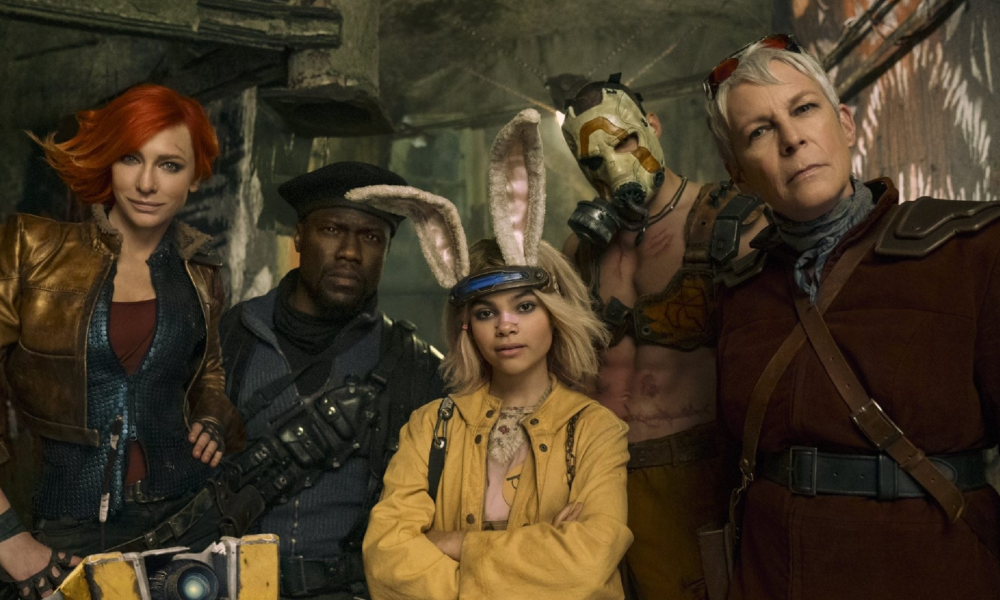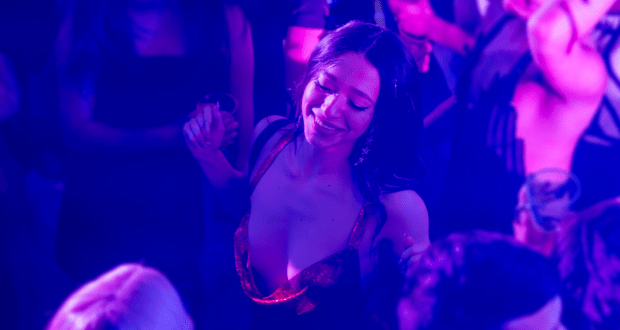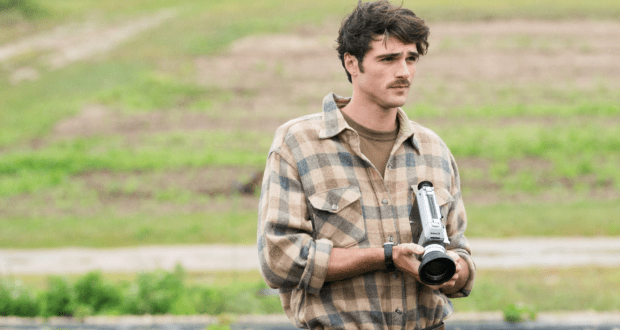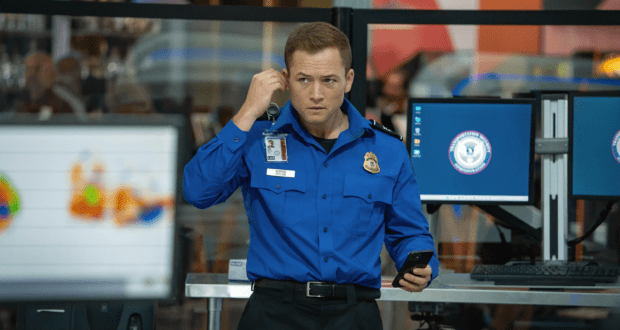Eli Roth’s Borderlands, a science fiction action-comedy adapted from the popular video game series, arrives with high expectations, given its star-studded cast and the rich world of Pandora that the games have established. Unfortunately, the film stumbles in its attempt to translate the chaotic, humor-filled, and action-packed essence of the games into a cinematic experience. Despite a few moments of brilliance, the film ultimately feels like a missed opportunity, struggling under the weight of its convoluted plot, uneven tone, and inconsistent performances.
Roth is known for his work in horror, which made his selection as the director of a fast-paced, irreverent action-comedy like Borderlands somewhat surprising. While his signature style brings a certain intensity to the action sequences, it often feels at odds with the film’s comedic elements. The result is a tonal inconsistency that makes it difficult for the audience to fully engage with the story. The humor, which is a cornerstone of the Borderlands games, often falls flat in the film, feeling forced rather than naturally integrated into the narrative.
Bad direction and plot:
Roth’s direction lacks the finesse needed to balance the different genres the film tries to juggle. The shift from intense action to comedy to emotional drama is often jarring, leaving the audience unsure of how to feel. This disjointedness undermines the film’s pacing, which drags in some parts and rushes through others, never quite finding its rhythm.
One of the biggest issues with Borderlands is its overly complicated plot. The film attempts to juggle multiple storylines—Lilith’s return to Pandora, the rescue of Tiny Tina, the mystery of the Vault, and the threat posed by Atlas—all while introducing a host of characters and trying to establish the world of Pandora. This results in a narrative that is both confusing and overstuffed, with too many plot points crammed into the film’s runtime.
Script issues:
The script, co-written by Roth and Joe Crombie, tries to stay faithful to the game’s lore, but in doing so, it alienates viewers who are not familiar with the source material. Important plot details are often glossed over or introduced with little explanation, leaving newcomers to the Borderlands universe bewildered. Even for fans of the games, the story’s execution feels lackluster, with important moments either rushed or lacking the emotional weight they need to resonate.
Performances:
The ensemble cast of Borderlands is undoubtedly talented, but their performances are a mixed bag. Cate Blanchett’s portrayal of Lilith is a highlight, as she brings a sense of gravitas to the role. However, even her talents are not enough to overcome the thinly written character, whose motivations and backstory are only superficially explored. Lilith’s arc, which should have been the emotional core of the film, feels underdeveloped, robbing the character of depth.
Kevin Hart as Roland and Jack Black as the voice of Claptrap deliver performances that are serviceable but unremarkable. Hart, known for his comedic chops, struggles to find the right balance between humor and seriousness, resulting in a character that feels out of place in the grim setting of Pandora. Jack Black’s Claptrap, on the other hand, provides some much-needed comic relief, but the character’s shtick quickly wears thin, becoming more irritating than endearing as the film progresses.
Ariana Greenblatt’s Tiny Tina is one of the few characters that stands out, bringing energy and a sense of unpredictability to the role. Her performance captures the essence of the character from the games, but she is given too little screen time to make a significant impact. Similarly, Edgar Ramírez as Atlas feels wasted, with the character’s motivations and personality reduced to a generic villain archetype. The rest of the supporting cast, including Jamie Lee Curtis and Gina Gershon, are similarly underutilized, with their characters serving little purpose beyond filling out the ensemble.
Visuals:
Visually, Borderlands does manage to capture the aesthetic of the games, with its vibrant color palette and distinctive design of Pandora’s wastelands. The film’s production design and visual effects are commendable, creating a world that feels both familiar to fans and intriguing to newcomers. The action sequences, while chaotic and sometimes overly frenetic, are well-choreographed and deliver the explosive set pieces one would expect from a film based on a video game.
However, the visuals are not enough to save the film from its narrative and tonal shortcomings. The action, while impressive in moments, often feels hollow due to the lack of emotional investment in the characters and the story. The chaotic nature of the action scenes mirrors the film’s overall lack of focus, making them more exhausting than exhilarating.
Overall:
Borderlands is a disappointing adaptation that fails to capture the spirit of the beloved video game series. The film’s inconsistent tone, convoluted plot, and uneven performances make it a frustrating experience for both fans of the games and general audiences alike. Despite some strong visual elements and a few standout performances, Borderlands ultimately falls short of its potential, leaving viewers with a chaotic and unsatisfying film that misses the mark.
-
Acting - 4/10
4/10
-
Cinematography/Visual Effects - 3/10
3/10
-
Plot/Screenplay - 2/10
2/10
-
Setting/Theme - 3/10
3/10
-
Watchability - 3/10
3/10
-
Rewatchability - 1/10
1/10












